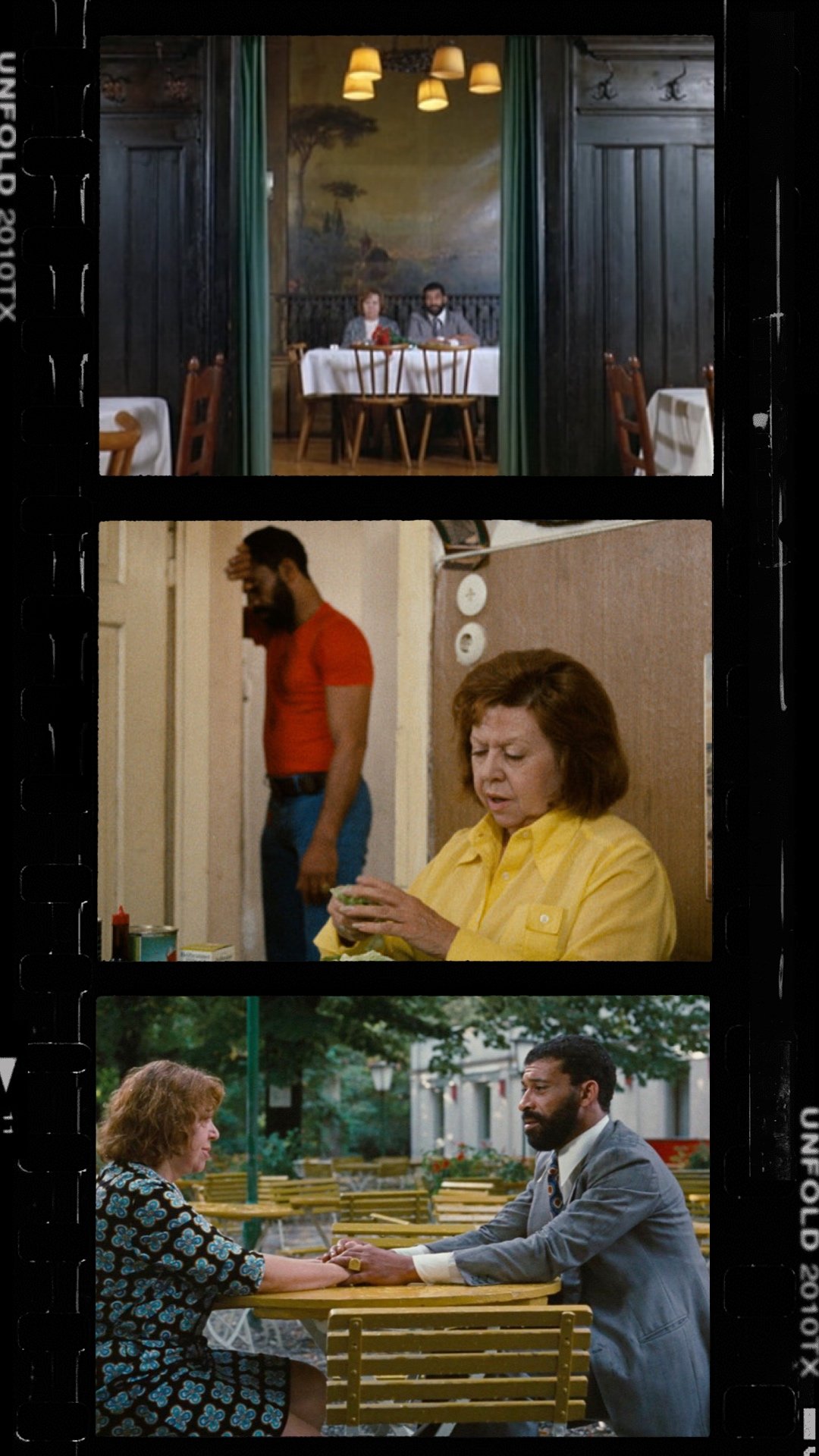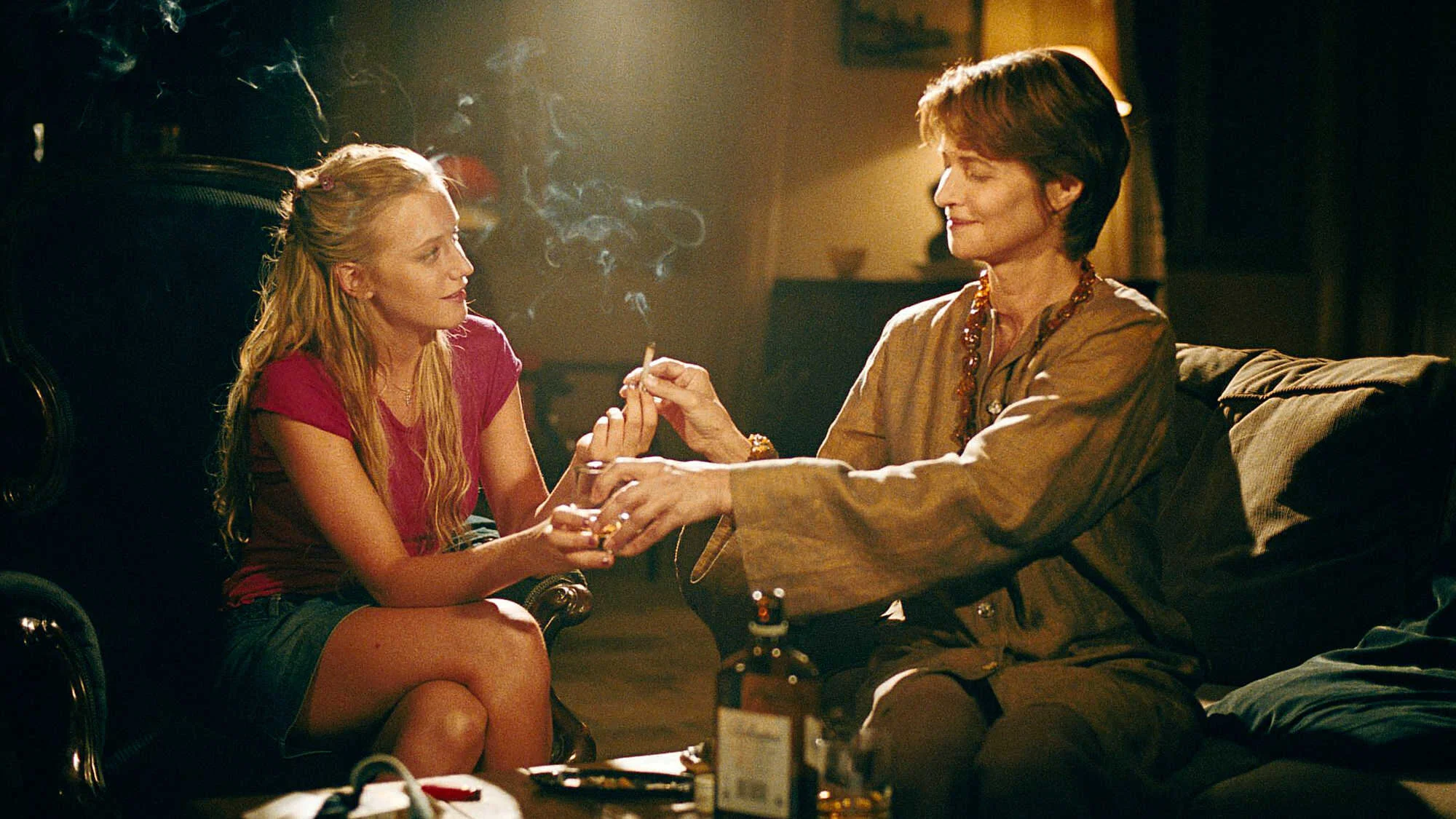Film Review: Darren Aronofsky's The Whale
The Whale is directed by Darren Aronofsky and stars Brendan Fraser, Sadie Sink and Hong Chou. The film follows morbidly obese English Teacher Charlie as he reconnects with his estranged daughter. It is based on the play of the same name written by Samuel D. Hunter, who also wrote the screenplay.
It goes without saying that The Whale is led by a tour de force performance from Brendan Fraser. He inhabits the role of Charlie completely, and through him, we see so much sorrow and tenderness that the film just becomes so emotionally overwhelming. There are scenes nearly impossible to watch, namely the binge eating scenes, which is triggering for anyone who has suffered from not only binge eating but any sort of addiction.
It’s also heartbreaking to watch him interact with his daughter and the defensive cruelty that comes with each interaction and then the deep love his friend and nurse Liz has for him, which is bogged down by shared past trauma and the very one-sided nature of their relationship. These complex performances from Sadie Sink and Hong Chou add a whole other dramatic texture to the film and also add to the agony of Charlie’s spiralling despair.
I need to know that I have done one right thing with my life!
The choice to use a 4:3 ratio powerfully reflects the claustrophobia of the setting and the protagonist's psyche; in essence, Charlie is trapped in his apartment and in his body. Furthermore, the use of such a dark and gloomy colour palette only heightens this oppressive framing to make the film both thematically and visually heavy.







